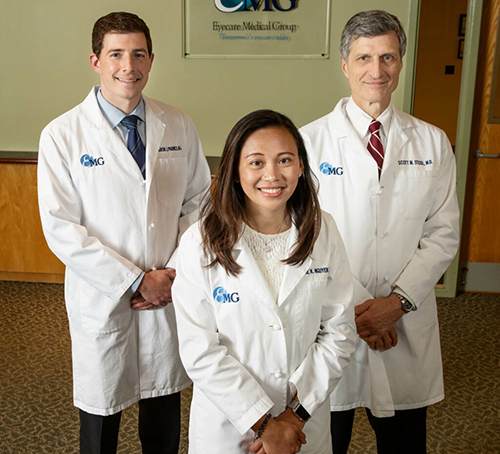
You can listen to Dr Fong talking about cataract surgery. These medications may need to be stopped before surgery. If you are considering surgery, please let the doctor know if you are taking the following medications: Flomax (Tamsulosin), Doxazosin, Asprin, or any blood thinning drugs like Warfarin, Plavix or Ticlid (Dipyradimole). Waiting for a longer period of time may make the operation more difficult. If the cataract is not removed, your vision may stay the same, but it will probably gradually get worse. This is usually due to old age but can also occur due to trauma, diabetes, or due to medications.Ĭataract surgery is done when the lens in your eye has become cloudy making it difficult for you to see well enough to carry out your usual daily activities. Beyond caring for your eyes, our team ensures you understand each step of the process and feel comfortable in the location you’re receiving care.A cataract is clouding of the lens in your eye. are highly educated and highly attentive, meeting the moment with a level of unmatched expertise and compassion.

The physicians of Retina Associates, LLC. The Retina Specialists of Retina Associates, LLC. Reasons someone would see a retina specialist include: Similar to the way a primary care doctor may refer a patient to a specialist like a cardiologist or an endocrinologist, an ophthalmologist will often refer a patient to a retina specialist to ensure their specific needs are addressed by a more qualified doctor. If considering it sequentially, it’s highly likely a patient will see an ophthalmologist before seeing a retina specialist. This advanced level of education and training gives retina specialists the unique ability to diagnose and treat macular degeneration, diabetic retinopathy, retinal detachments, macular holes, macular pucker, and vascular occlusive diseases of the eye.

To become a general ophthalmologist, one must complete four years of medical school, followed by a one-year internship program and a 3-year ophthalmology residency.įrom there, they may choose to focus on an ophthalmology subspecialty - such as retinal and vitreous care, glaucoma, or ocular oncology - and then complete the advanced training required. Surgical treatment for cataracts or glaucoma.A prescription for eyeglasses or contact lenses.Reasons someone would see an ophthalmologist include: They offer a broad range of vision-related care, from fitting eyeglasses to performing surgeries. General ophthalmologists are medical doctors trained to diagnose and treat many eye conditions, as well as support patients’ general eye health. Unpacking the care and treatment offered by both can help inform future decision making. There are several types of doctors and specialists across the eyecare spectrum, and understanding what distinguishes them is one step toward a more successful ocular health journey.Ī common cause for confusion is the difference between a retina specialist and a general ophthalmologist.

Given the delicate nature of one’s vision – and the anxiety any visual impairment can cause – patients should feel empowered and confident when choosing a provider. Retina Specialist: Defining the Differences


 0 kommentar(er)
0 kommentar(er)
